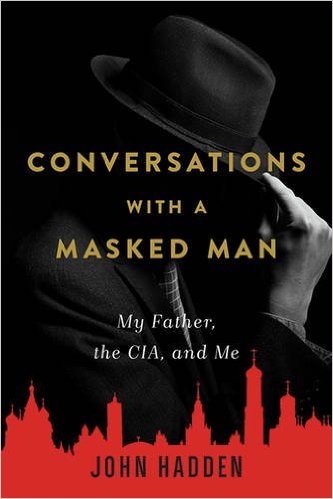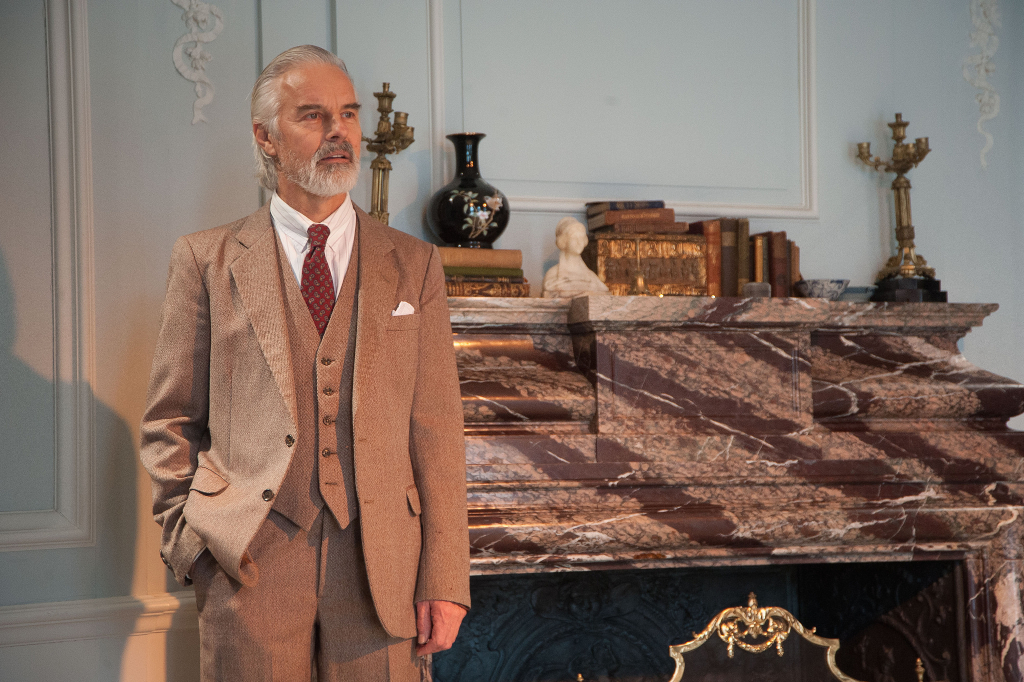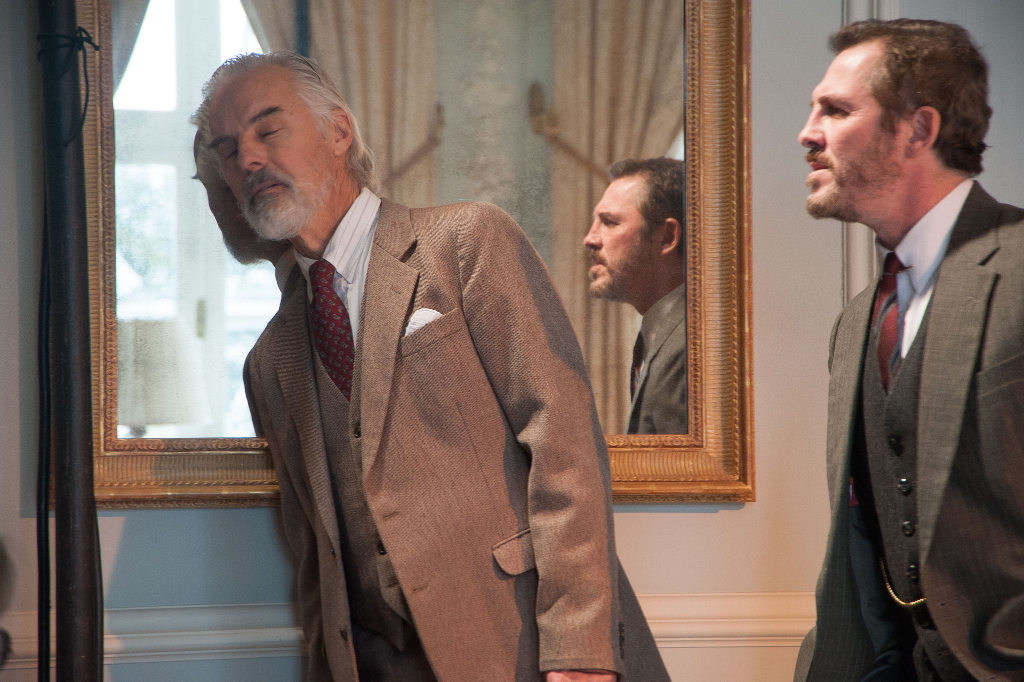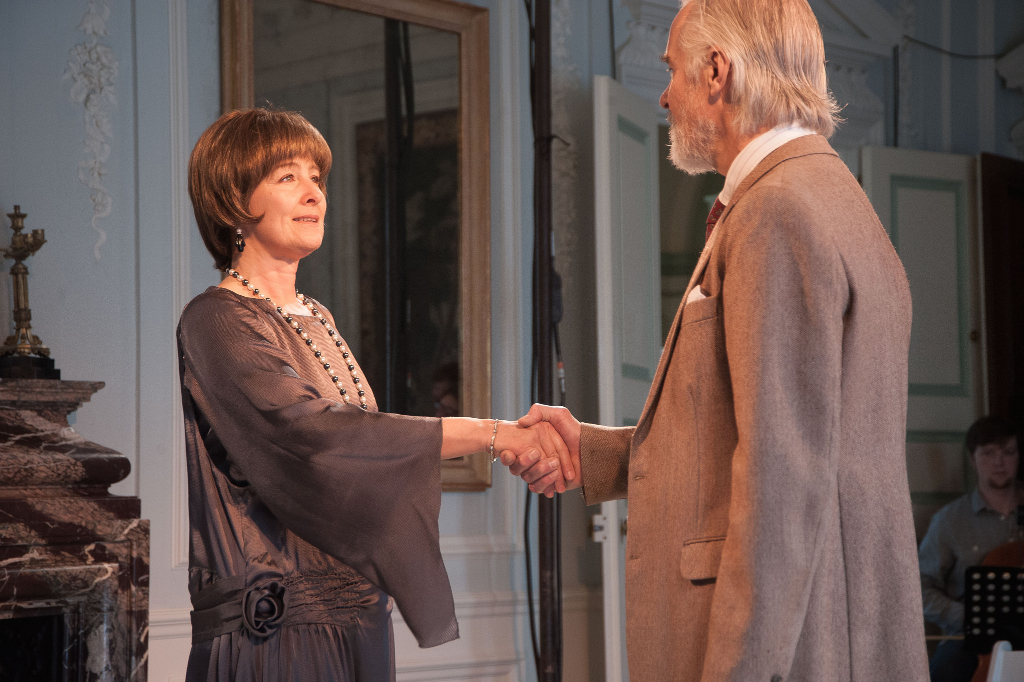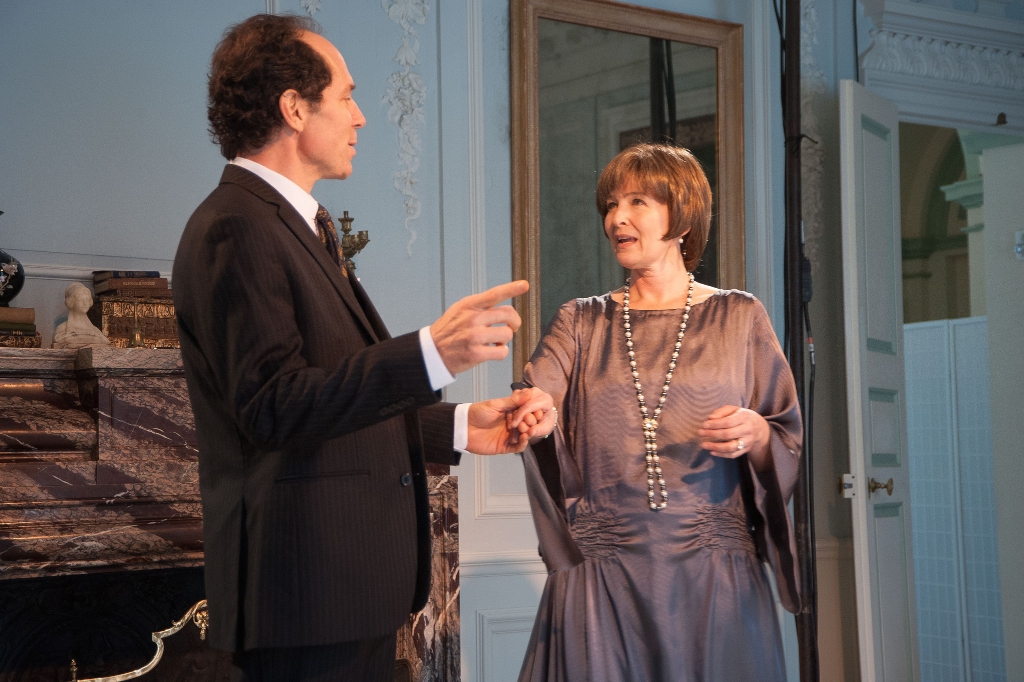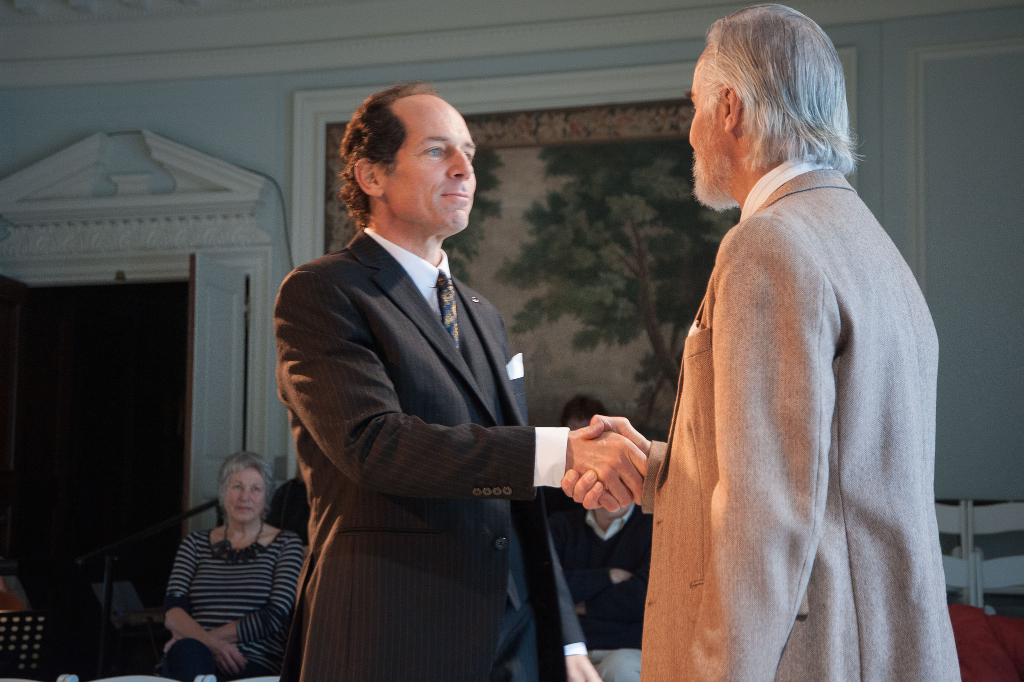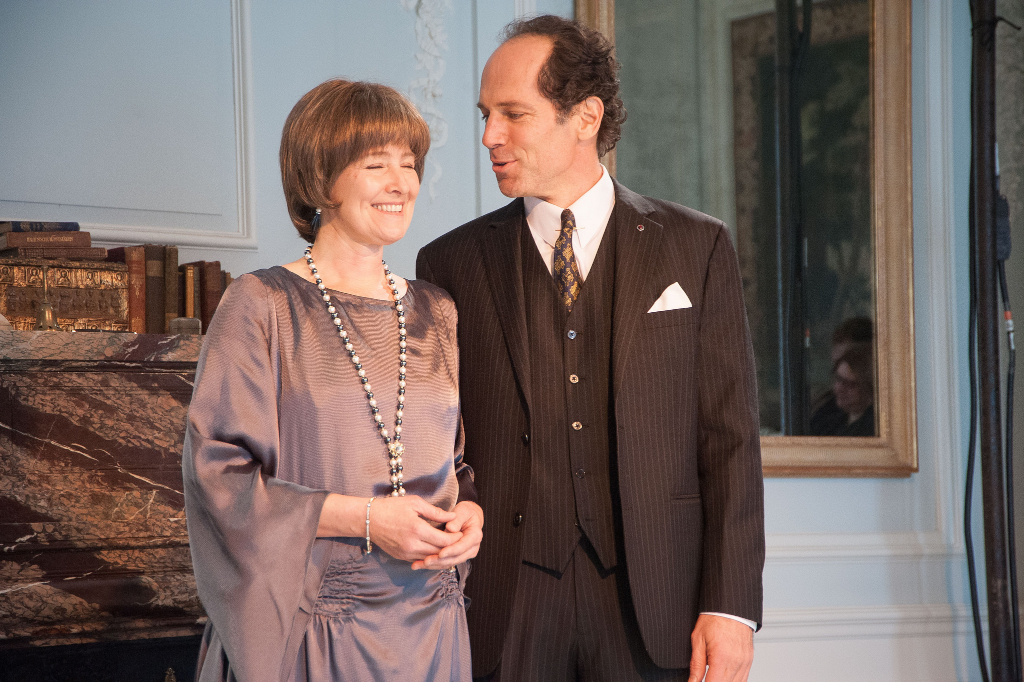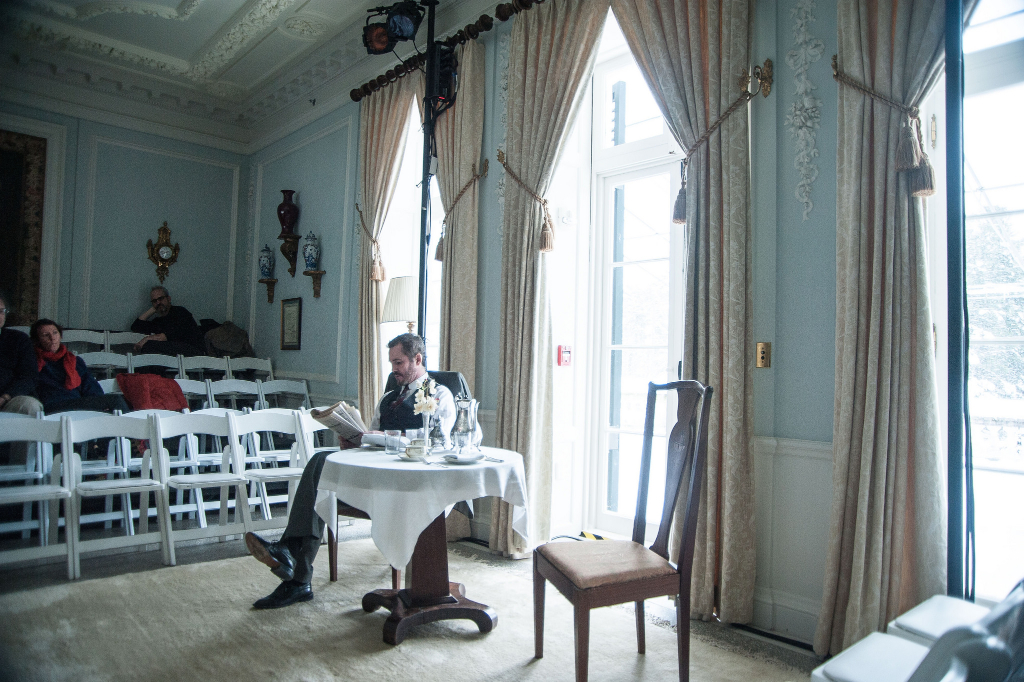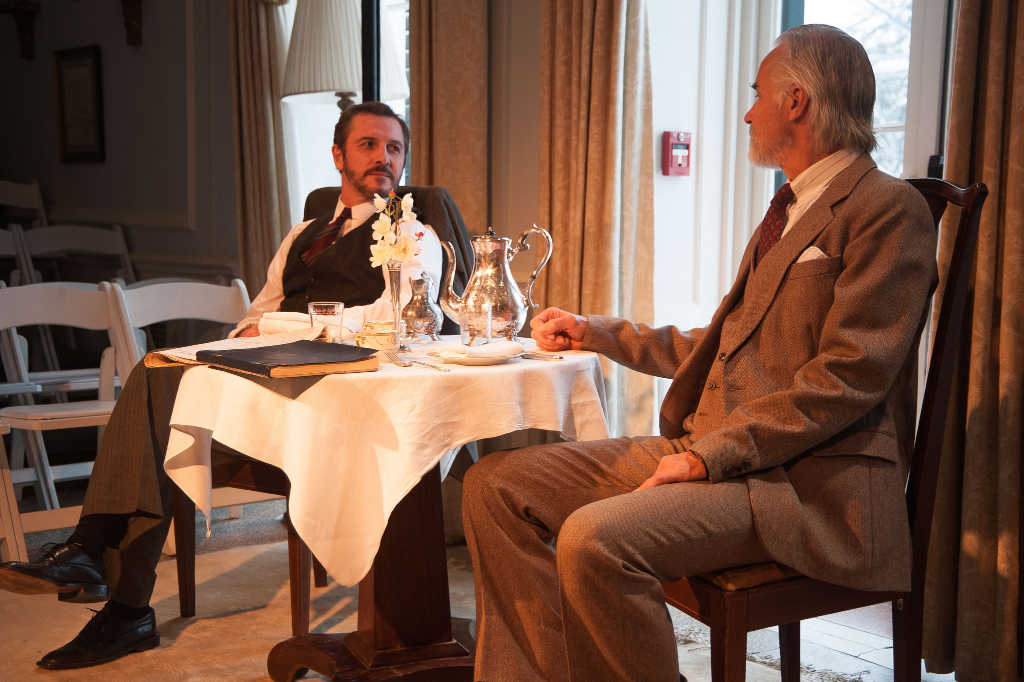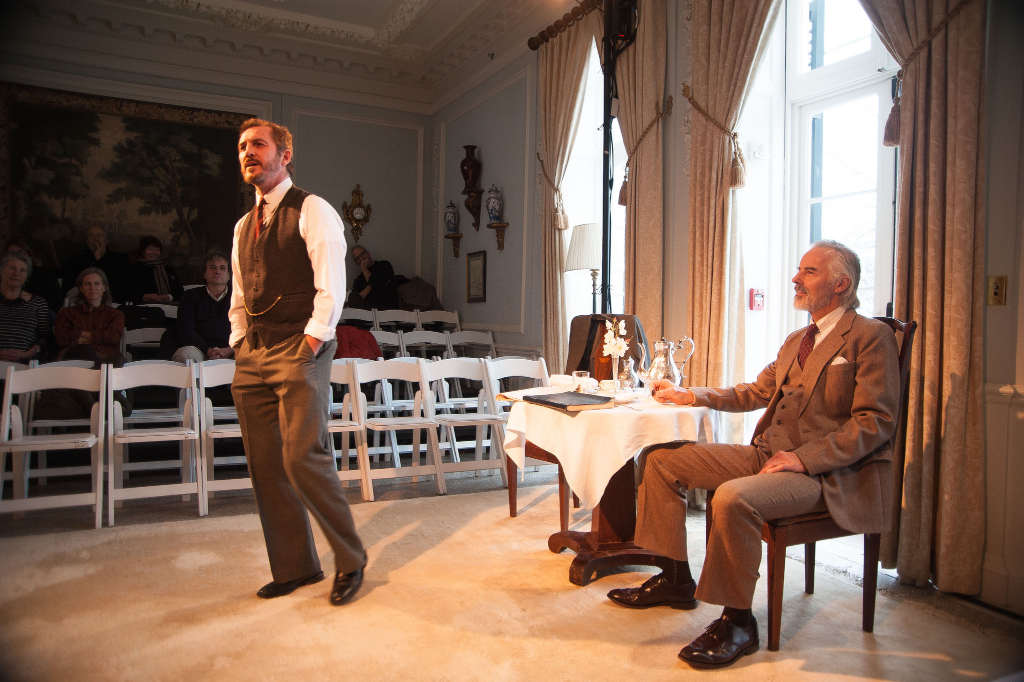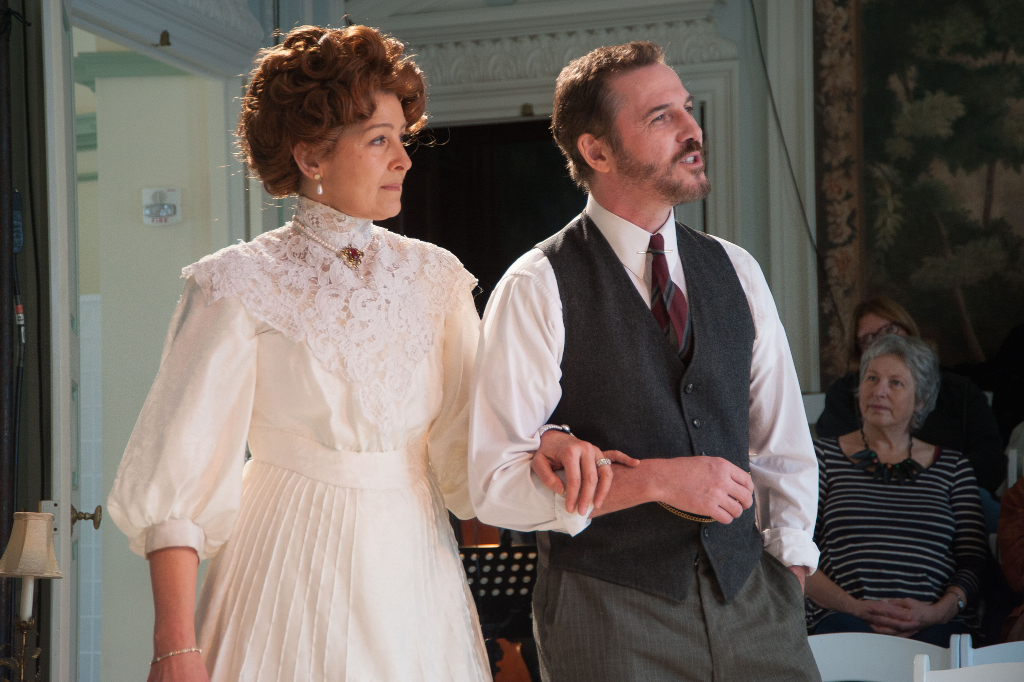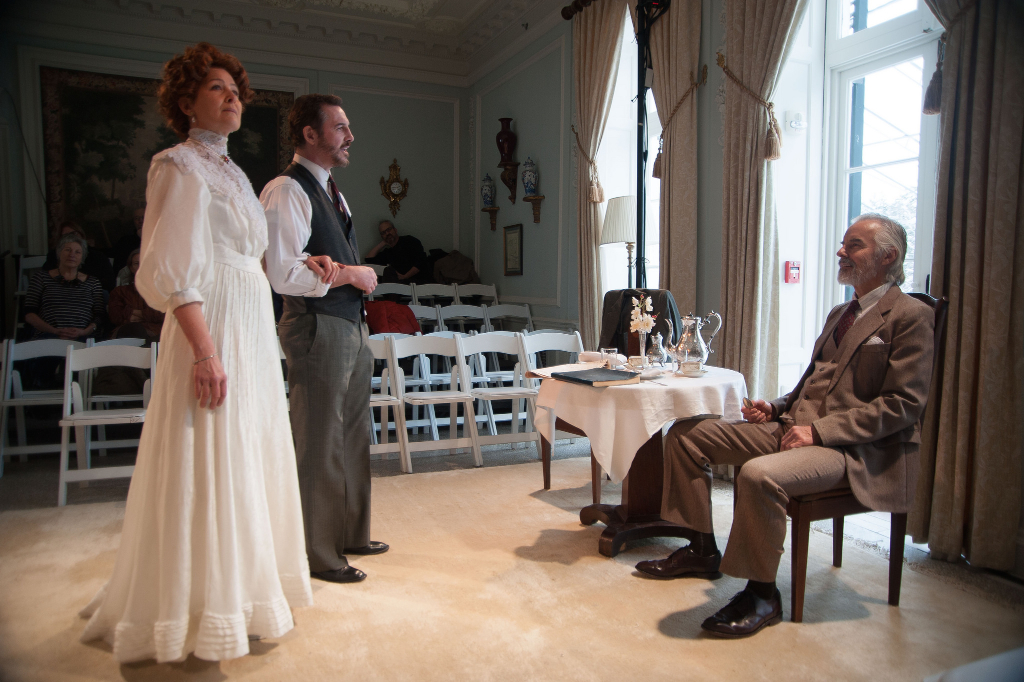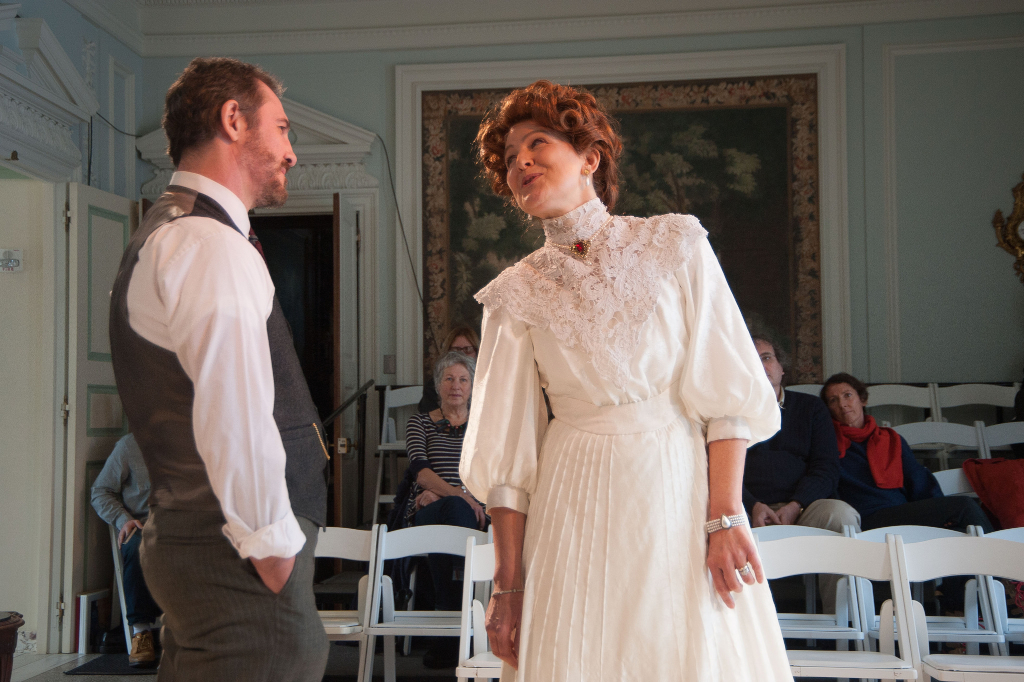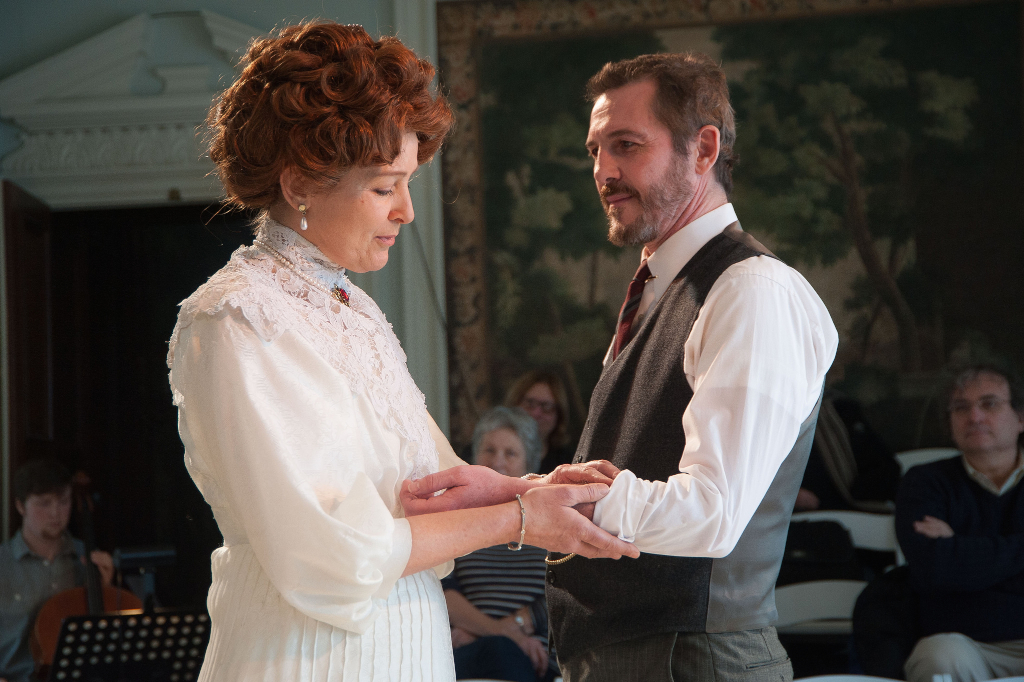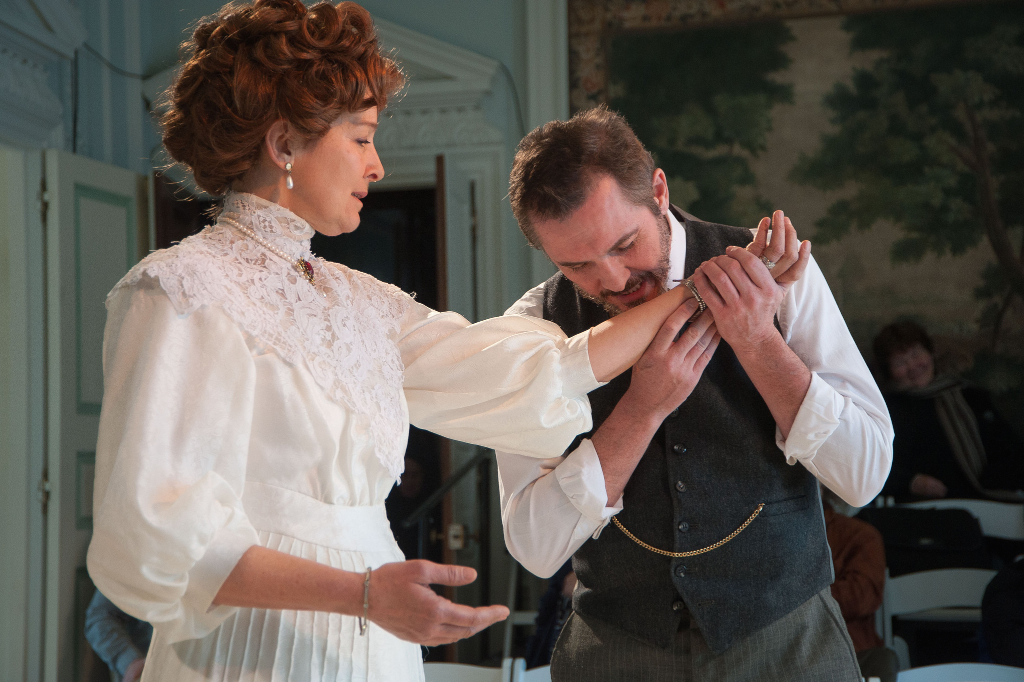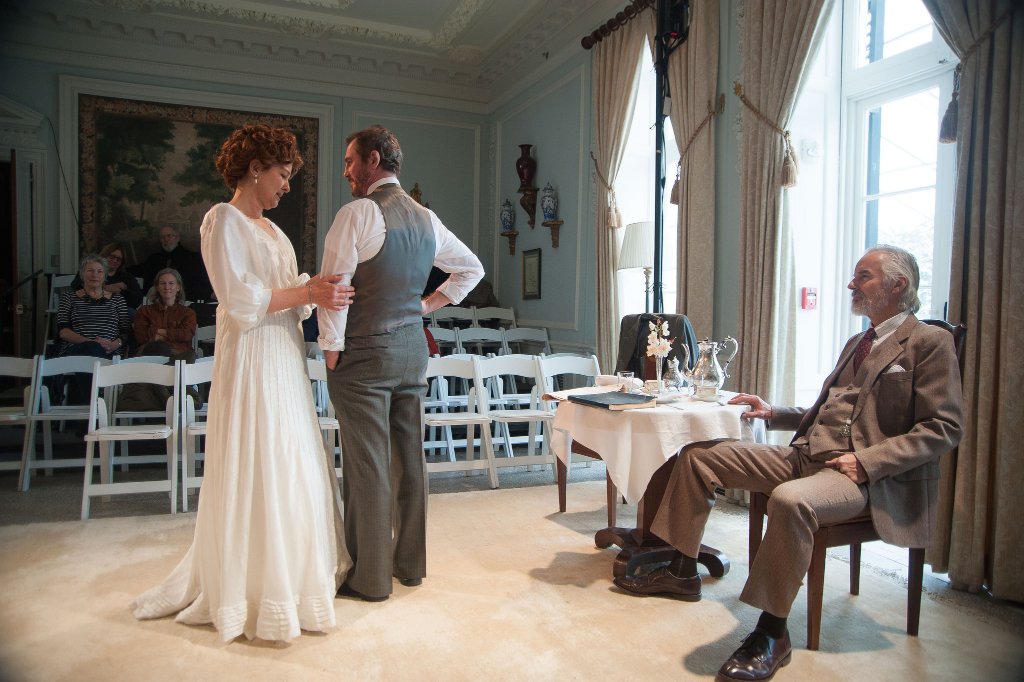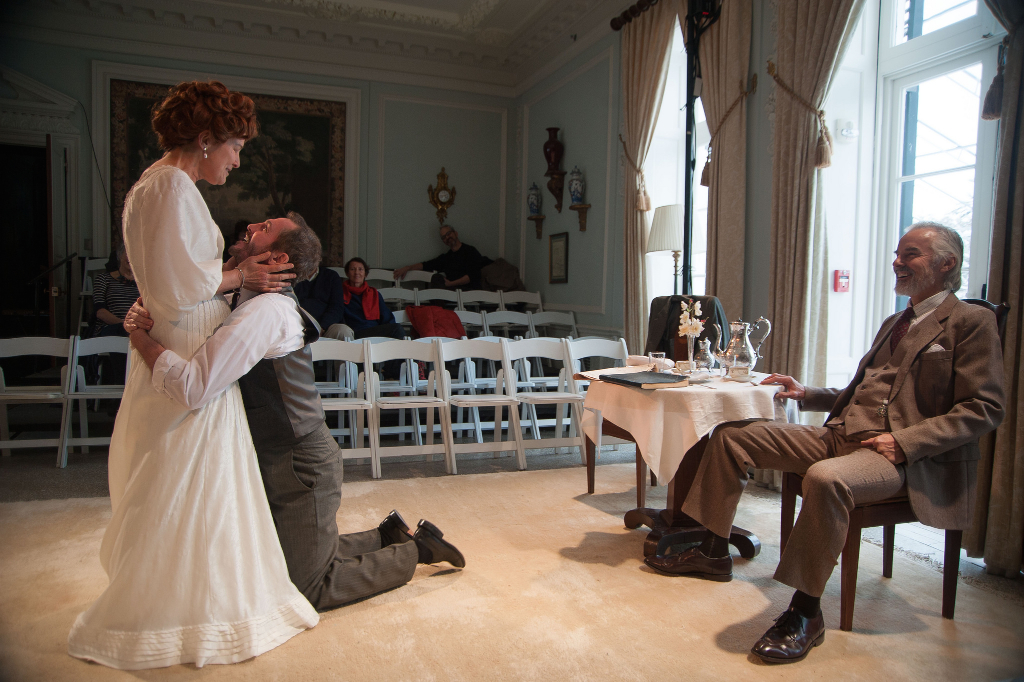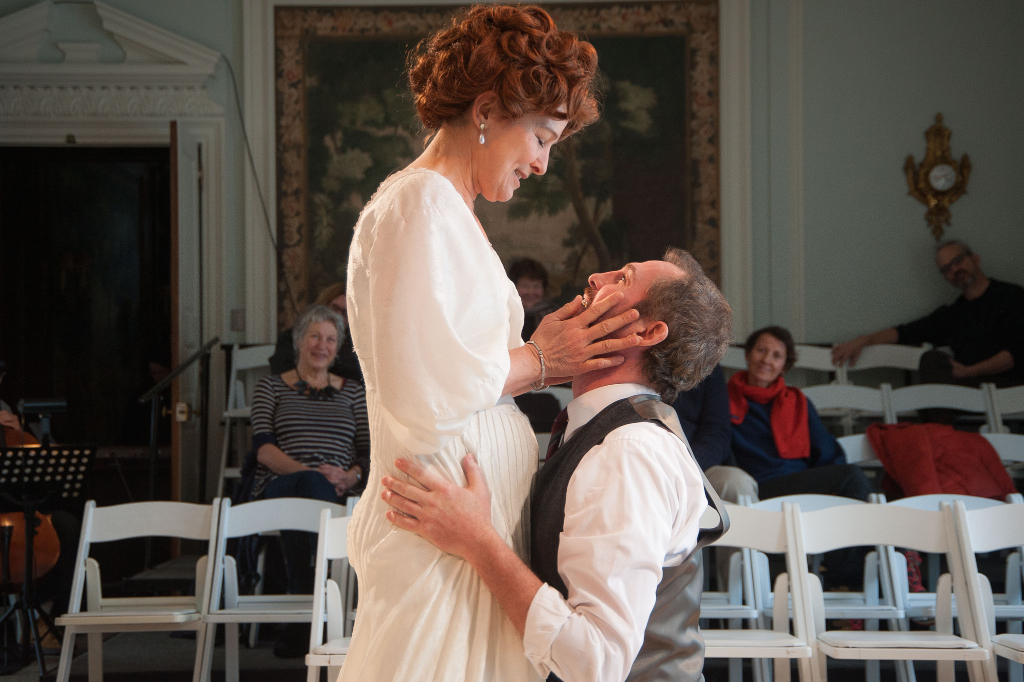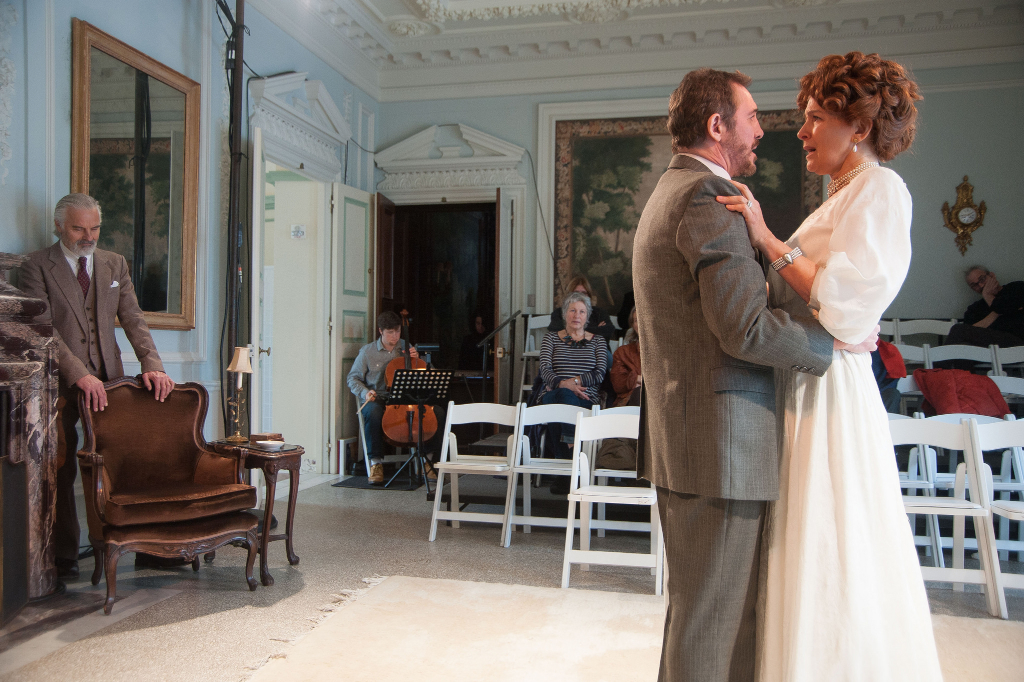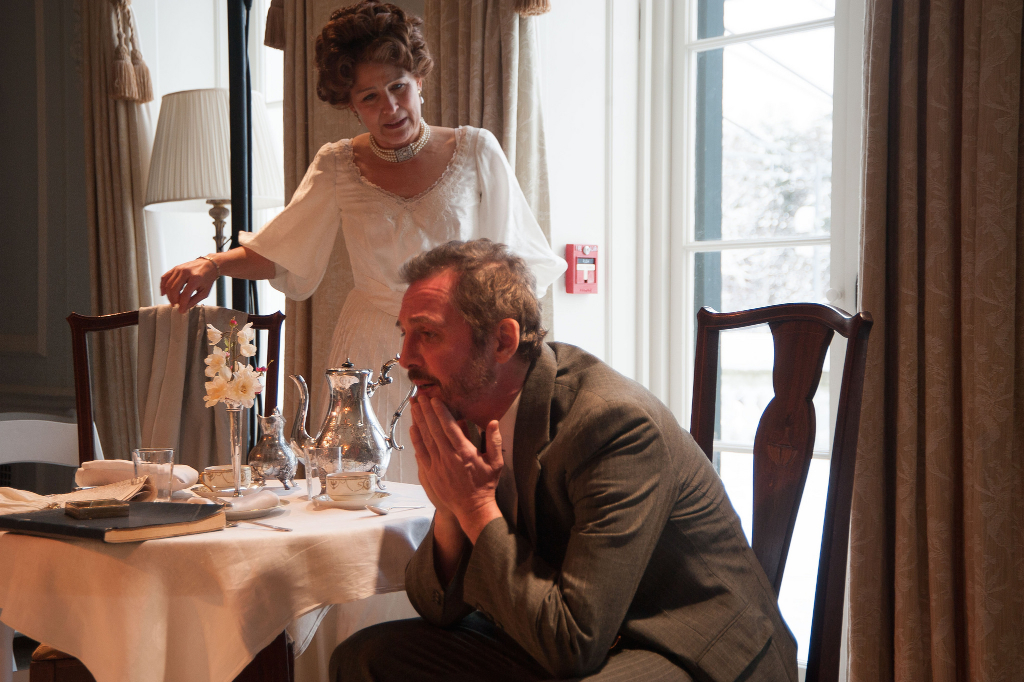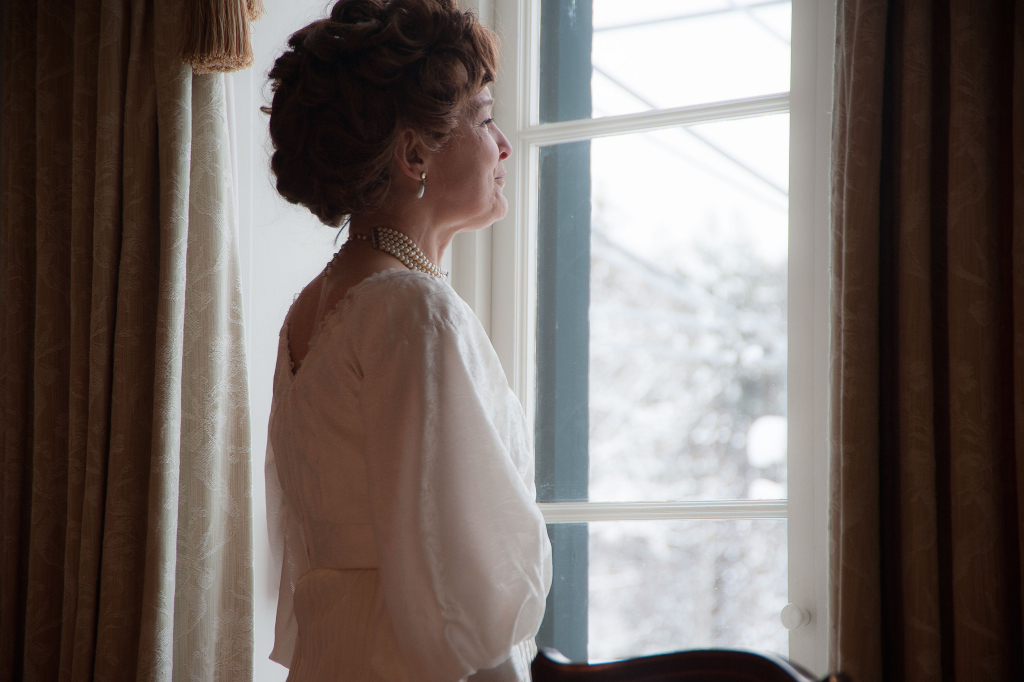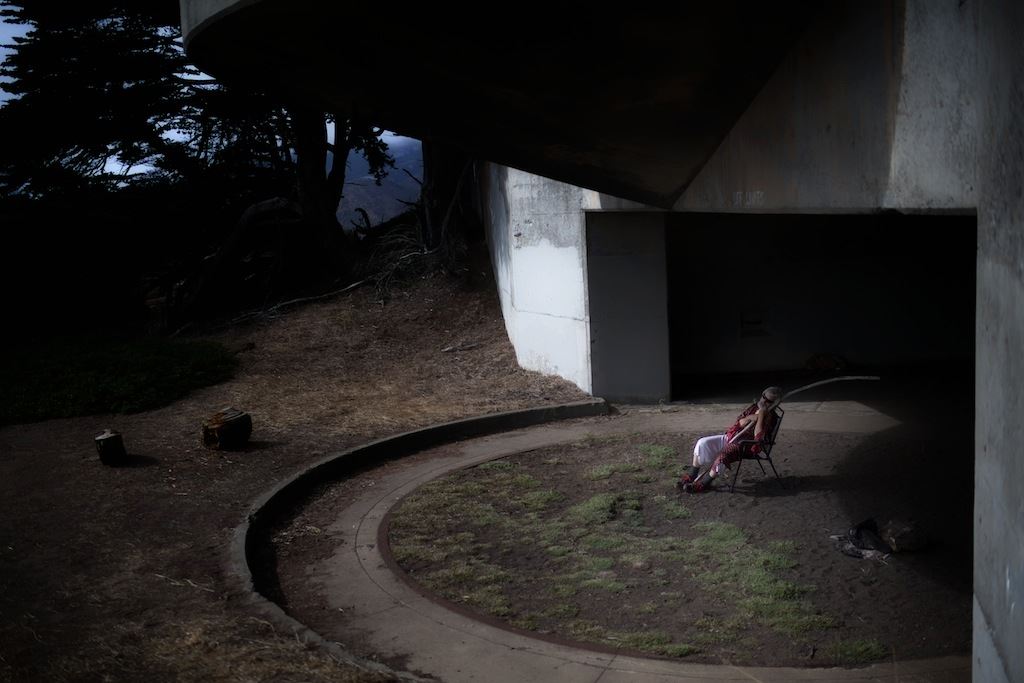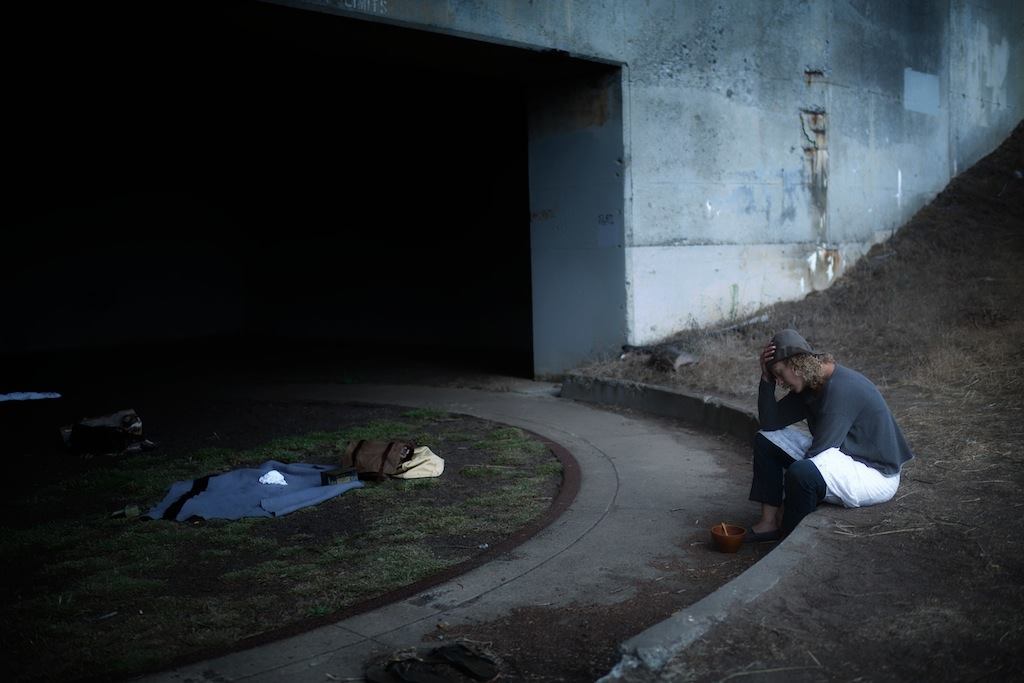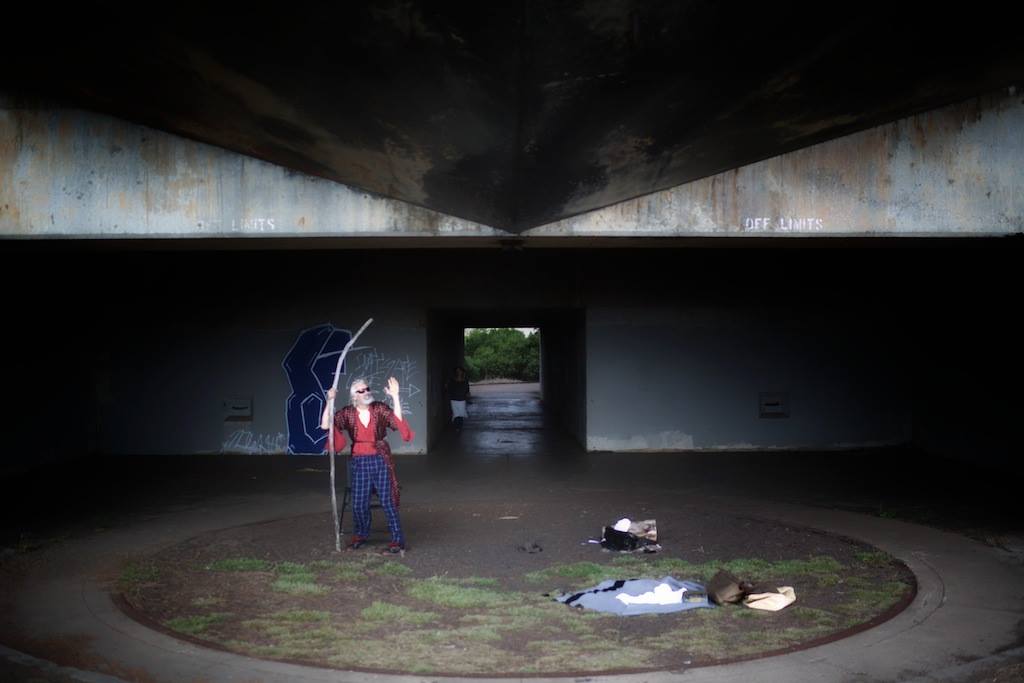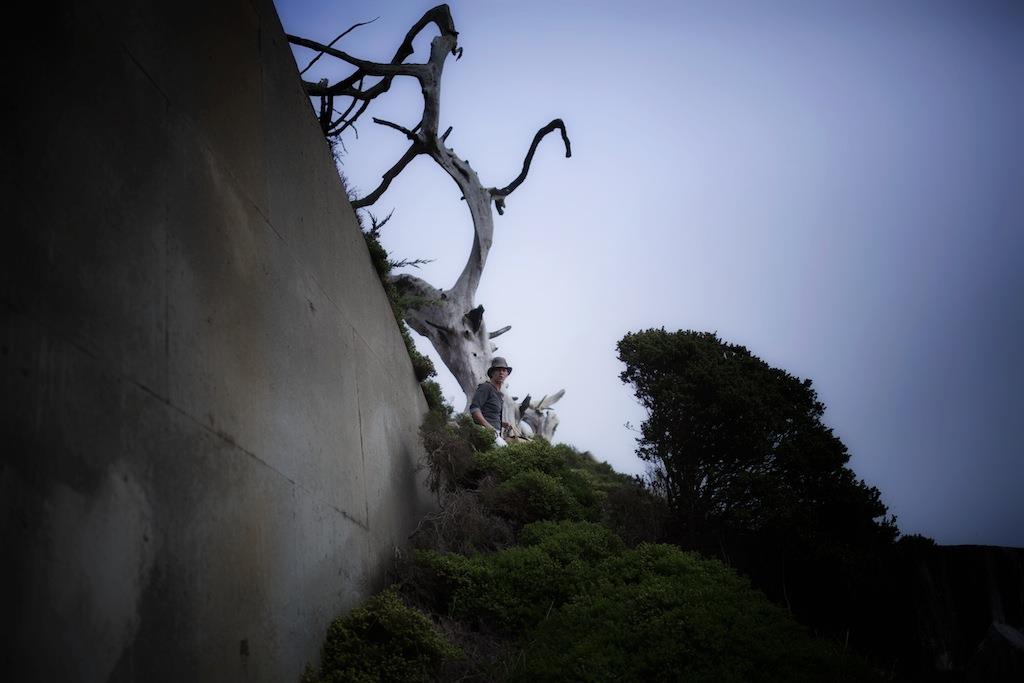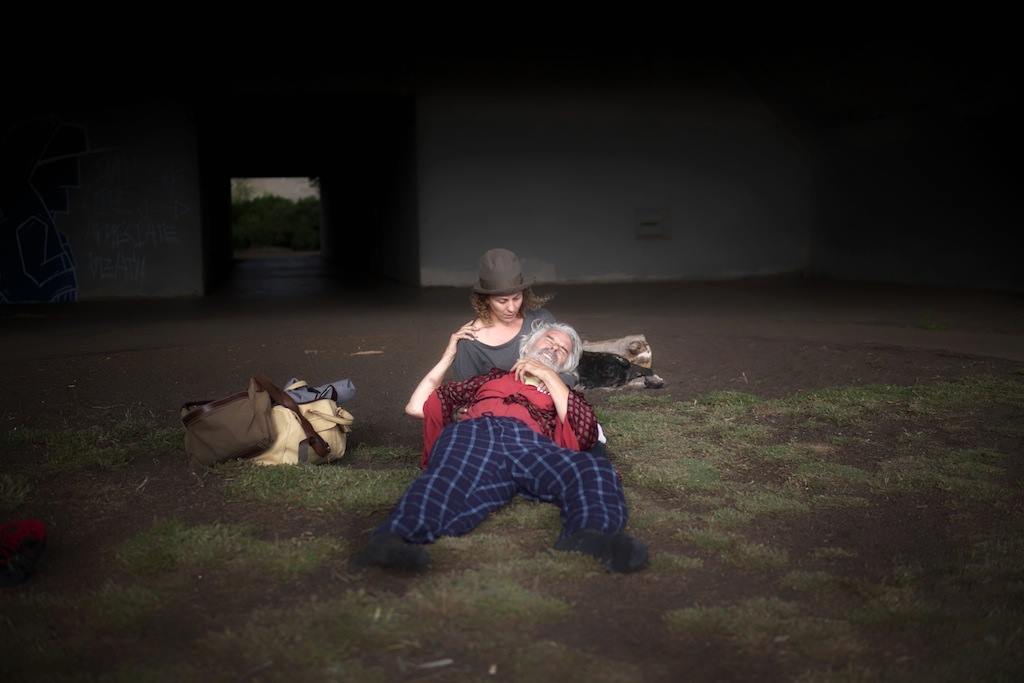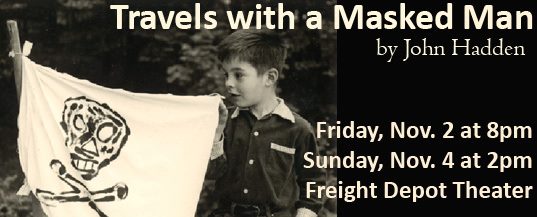writing
Photos from The Long Run
photos by Kevin Sprague
Travels with a Masked Man to be published by Arcade Publishing

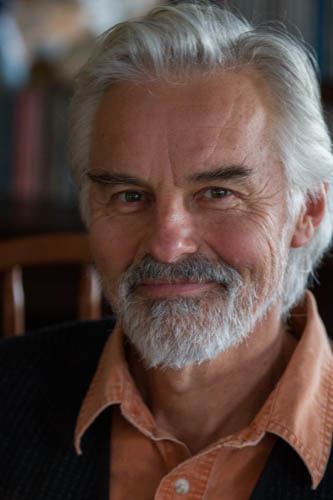
Travels with a Masked Man, by John Hadden, coming out in Fall 2015, Arcade Publishing (Skyhorse)
John Hadden the elder saw post-war horrors in Dresden, disobeyed orders to bomb Cairo while he was Station Chief in Israel during the Six-Day War, tracked the development of Israeli nuclear arms and retired with a dim view of his country and his species. The other acted and directed Shakespeare, wrote plays, built a house in the Vermont woods and struggled to make sense of things. Shortly after 9/11 he confronted his father with a lifetime of questions and a tape recorder. What emerged, and could not be released until now, is a profusion of stories, hilarity, an almost impenetrable darkness–and something like love.
On King Fool #2
On King Fool #1
King Fool Rehearsal
Notes: King Fool
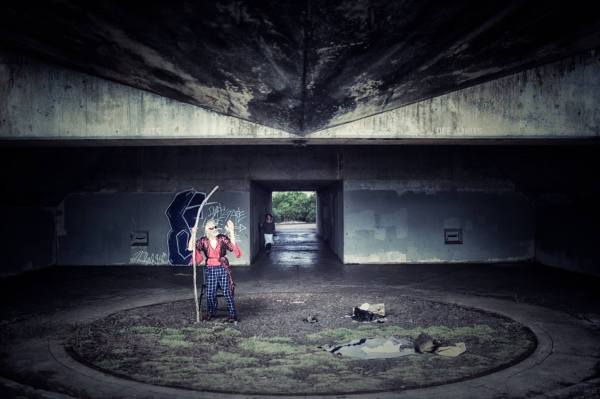
DIRECTOR’S NOTES
Why did we do this? I’ve been wondering these last few weeks. King Fool, right. Apt, in good faith, very apt. Because there were too many actors for any one play? Because we had two separate groups? Because it was there? Anyway, we did it. And it turns out that it’s been not only hair-raising and fun and sometimes illuminating, but that these two plays actually relate to each other. Not just because they both have fools who have a lot of disturbing questions, not just because they both have people in power who are in great pain and loneliness, not just because they both deal in madness, but like two dreams dreamt in the same night, one seems the gateway to the other. But mainly: the tenacity these actors and crew have shown is nothing less than remarkable. Ten days ago, a realistic director voice called it off; said it couldn’t be done. But the actors refused to let it go, and that’s life.
Travels with a Masked Man
Notes: The World Beyond the Hill: the Life and Times of W.E.B. Du Bois
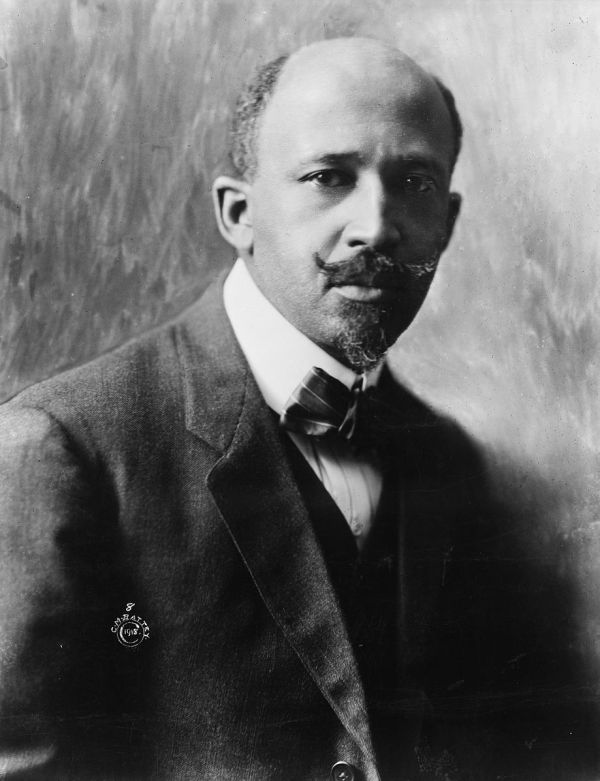
Director’s Notes:
This is the ninth show we have done in the three years of the high school. In the past we have done shows based on interviews with members of the community (People Talk), anthology material (Animalia), original work by students (The Tennis Court Oath Daytime Drama Spectacle Parade), as well as combinations of plays, and plays that involve formal language. This show has elements of each of these, either in forming the material or in discovering the action of the play.
A kid from Great Barrington graduates from the top of his class and goes on to become one of the great thinkers and activists of our time. He is the town’s first river advocate, writes twenty-three books and thousands of articles, in varying styles and genres, and makes significant contributions to the fields of sociology and philosophy. He lays the groundwork for the civil rights movement and is consulted by leaders of movements and nations. He is black and outspoken, and naturally falls afoul of the Joe McCarthys and J. Edgar Hoovers of the time. He is hounded and blacklisted, discredited to such an extent that even his own hometown remains largely mute about its preeminent native son.
I remember my first arrival in the Berkshires by bus, passing a small sign about DuBois near a grove of trees. I never found the sign again, and thought it must have been my imagination, until I was asked to join the school’s celebration of his work. Since then many of us have begun to see traces of DuBois everywhere, patiently revealed by a small number of people who have long cherished his memory. If we can share a small part of the bittersweet joy of this discovery, that will count as a good thing.
Directors Notes
Director’s Notes
This is our seventh production in this theater, in what still feels like our new high school. For the most part, we have put on plays-which-are-not-really-plays. In most plays you find on the shelf, only two or three characters are on stage at any given time, and they are usually the same people. Since this isn’t much fun for everybody else in the play, we have been looking for ways to get more people on the stage more of the time. One way to do this is to draw bits of material from a variety of sources, get everybody on stage to play with the different pieces, and create dramatic collages that are imagistic rather than character- or plot-driven.
This time we’ve taken excerpts from three full-length plays. The Fever, by Wally Shawn, is a monologue in which a man visiting a poor country, unable to sleep one night, realizes for the first time that the things he most loves in life are available to him only because of the labor and poverty of most other people. In the Blood, by the remarkable young playwright Suzan Lori-Parks, shows the life of a woman and her five illegitimate children who live under a bridge in a large city. Scenes from American Life, by A.R. Gurney, Jr., is a series of very short comedy vignettes about the decline of an aristocratic clan in Buffalo, NY.
